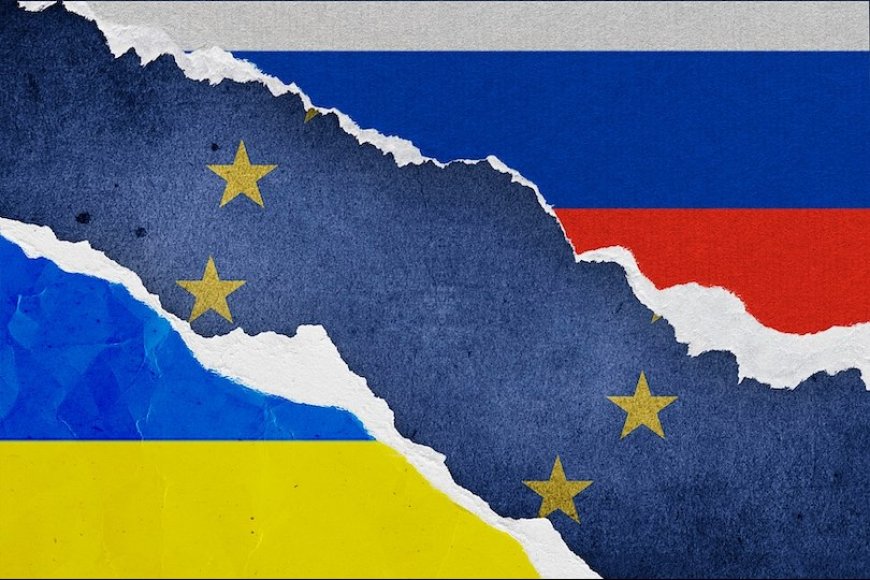The continuation of war in Ukraine and its implications for the EU

By: N. Daneshvar
A number of economists at Bloomberg have prognosticated that if the conflict between Russia and Ukraine continues into 2022 and 2023, the GDP of the Eurozone might decline by more than 60%. Despite this, the European officials naïvely believed that the looming financial downturn might be avoided by adopting preventive measures. To avoid power outages, authorities used measures including rationing, consumption caps, darkened storefronts, and temperature controls. Predictions of possible social upheavals were foolishly downplayed at that time, and all efforts were directed towards finding a solution to the energy crisis. Rising costs in Europe, significant food shortages, and disruptions in the EU's power grid have been highlighted by experts and media outlets, including The Guardian, who have warned of an impending recession in the Eurozone.
Europe's social and economic stability has been on the line for the last year. Most observers concur that Europe's economy and security have all suffered severe blows as a direct result of the raging conflict in Ukraine, which has triggered an unprecedented energy crisis and pushed up prices and inflation to levels never seen before.
As an outcome of the economic slump, hundreds of companies have closed and tens of thousands of employees have been laid off. Several factors, such as the rise of the far right and Europe's growing dependence on the United States for security, have contributed to the continent's current predicament. Similar to Britain's continuing economic and social crises, France has had massive and sometimes violent demonstrations in various cities.
Temporary, albeit futile, measures to alleviate the situation have been taken by the French government. Nevertheless, it seems that the French citizens will continue to fight relentlessly to reclaim their rights. The situation in Germany, Italy, Spain, and other smaller Eurozone nations is quite similar to that in France.
Europe's political, economic, and security systems have all been affected by the situation in Ukraine.
The cumulative effect of the United States' tightening sanctions on Russia is becoming more obvious. Europe's economy and society have taken significant hits from the energy crisis in recent months. According to Swiss media outlet SRF, widespread protests and strikes have swept the continent with little sign of abating. European governments have been working hard to address the crisis, but economists remain skeptical about a quick recovery. Only if European policy shifts and member states commit to staying out of foreign affairs will this be possible. In any case, Europe's penchant for bellicose measures and unyielding support for the regime in Kyiv will decline in light of the continent's ongoing economic and social difficulties.













































